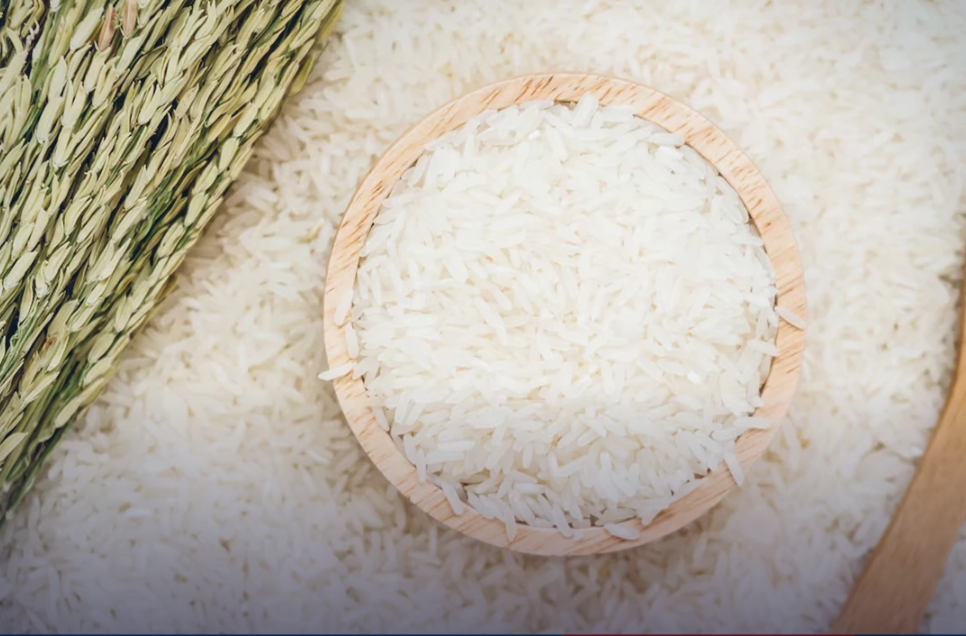
THE Grain Millers Association of Zimbabwe (GMAZ) has approached the Treasury to scrap the 15% value-added tax (VAT) on rice, warning that the levy will hit consumer spending, the Zimbabwe Independent can report.
The developments come after the government published Statutory Instrument (SI) 15 of 2024 in accordance with section 78 of the Value Added Tax Act [Chapter 23:12], to modify the existing regulations by providing clarity on the goods, services, and imports that are exempt from value-added tax.
The SI reinstated VAT, while duty exemptions were also removed on basic commodities.
The SI, however, exempts services like water supplied through a pipe for domestic use, domestic electricity supply, rates charged by a local authority, items of agricultural equipment or machinery, fuel and fuel products, and ethanol fuels, among others.
Tafadzwa Musarara, chairperson of GMAZ, stated that the decision is expected to result in an increase of 2 kg of rice, which will have a significant negative impact on consumers.
“Hon Minister of Finance gazetted Statutory Instrument 15 of 2024 which, inter alia imposed a 15% Value Added Tax on rice, we have, therefore, written to the hon Finance minister requesting his esteemed office to rescind his administrative decision and have the VAT removed on rice,” he said.
“An imposition of VAT will increase the costs of 2kg from US$2 to US$2,30 or US$2,40. Due to change complications, some retailers may end up pricing the same at US$3. This will weigh down heavily on consumer spending.”
According to Musarara, rice from South Africa is free of VAT and costs less when imported into Zimbabwe than when processed domestically.
- Zimbabwe millers seek to fend off grain crisis
- Drama at City of Harare bosses trial
- Maize shortage a result of politicisation of inputs
- Price of bread skyrockets again
Keep Reading
He also predicted that pre-packaged rice imports will soon take over the market.
According to him, 2 800 local laborers employed in the rice industry face peril, and a significant amount of infrastructure will be rendered obsolete. Musarara claims that the government will run the danger of losing anticipated revenue.
Last week, retailers made similar calls, saying government’s decision to reinstate VAT on rice will cause local product prices to exceed regional averages, consequently driving the informal sector to import goods and making local shops uncompetitive.
Confederation of Zimbabwe Retailers president Denford Mutashu said standard VAT on rice would result in the local product prices being higher than those of the region allowing the informal sector to import cheaper brands, rendering local retailers uncompetitive.
“Given that rice is a staple food in many households and boarding schools, we intend to engage the government to have it reinstated on the exemption list,” Mutashu said.
“This is particularly crucial in light of the expected El Niño-induced drought and to ensure regional parity, as rice is exempt in the region.
“Locally, being subject to standard Vat will result in a 15% higher cost compared to cross-border traders from South Africa and Mozambique, potentially leading to informal sector trade and rendering local retailers uncompetitive.”
The CZR president said as of January 1, 2024, SI 248 of 2023 exempted Vat on all basic foods such as maize meal, rice, sugar, cooking oil, flour and bread.
He said the only change was the transition from zero rating to Vat exemption, resulting in suppliers being unable to claim input Vat on taxable supplies.






